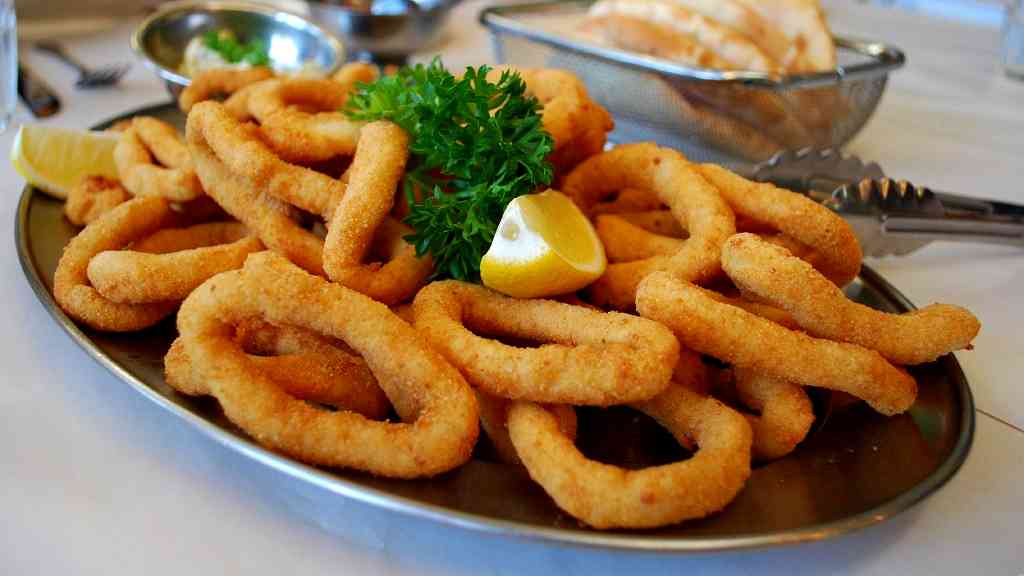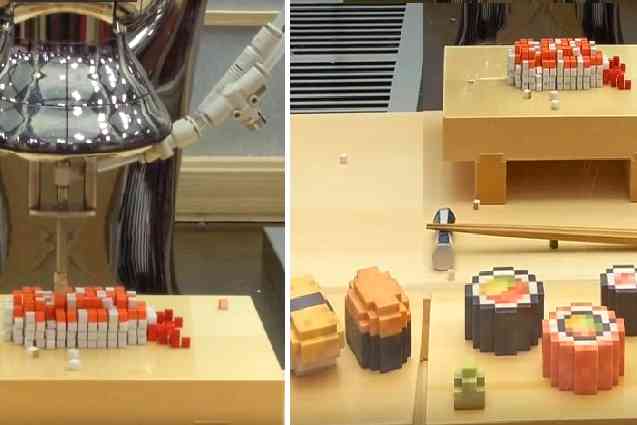Singaporean scientists create 3D printed vegan seafood with authentic taste



By Bryan Ke
August 17, 2023
A team of scientists from Singapore has found a way to create an alternative source of seafood protein using a food-grade 3D printer.
Unveiling: The scientists from the National University of Singapore unveiled their project in a press release on Sunday. They are also planning to present their work at the American Chemical Society (ACS), where 12,000 presentations will be hosted on a wide range of scientific topics between Aug. 13 and 17.
What they discovered: During the experiment, the Singaporean scientists reportedly found a way to create seafood using a food-grade 3D printer and ingredients that mimic its taste and mouthfeel.
In one of their tests, the scientists created protein-based meat that mimics the taste of real seafood, such as salmon and shrimp, by combining ingredients like red lentils and protein-based ink.
Dejian Huang, the principal investigator for the research, said they hoped to print food “interesting with the potential for commercialization.”
There’s more: Besides successfully mimicking fish and shrimp, the group also managed to make vegan calamari rings by combining extracted microalgae and legume protein with omega-3 fatty acids from plant-based oils. The press release noted that some microalgae already have a “fishy taste,” which makes them the best candidate for the research.
“The goal is to get the same texture and elastic properties as the calamari rings that are commercially available,” said Poornima Vijayan, a graduate student who will be presenting their findings at ACS. “I’m still seeing how the composition impacts the product’s elasticity and the final sensory properties.”
Why they are doing it: Vijayan said the group decided to conduct their experiment to combat a potential future where seafood supplies become limited, a scenario she described as “imminent.”
“We need to be prepared from an alternative protein point of view, especially here in Singapore, where over 90% of the fish is imported,” she added.
Share this Article
Share this Article





